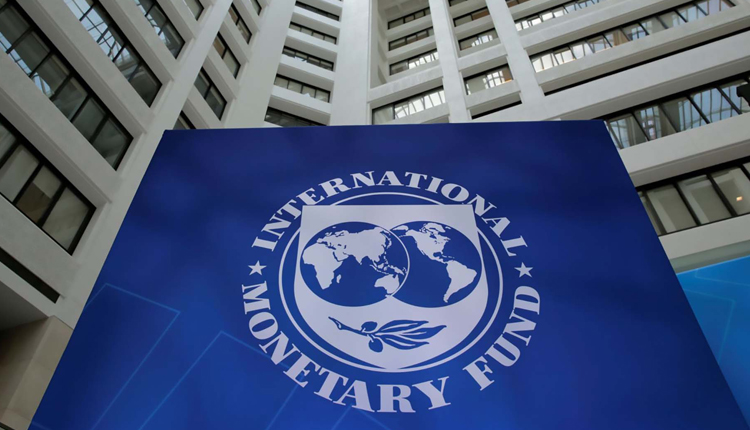Egyptian officials said they are expecting to receive the final tranche of a $12 billion International Monetary Fund (IMF) loan within June or July.
There will be a final review of structural reforms introduced by Egyptian financial and monetary authorities will be conducted before the disbursement of the instalment of the loan, the government announced.
The tranche of $2 billion will mark the end of the national reform programme that commenced in November 2016 and included measures that have improved general economic indicators but caused major suffering for millions of Egyptians.
With the structural reforms ending, economists said, Egypt is hoping to see its economy improve, particularly given that Cairo would have more room to manoeuvre and the delivery of the final IMF tranche on time would confirm international financial institutions’ full confidence in Egypt’s economy.
“The disbursement of all loan tranches without any delay reflects the success of the government in implementing all the reforms agreed with the IMF,” said Ali al-Idrissi, deputy head of the Egyptian Centre for Economic and Strategic Studies think-tank. “The reforms are changing economic realities and this will have its effect on everything in our country in the coming years.”
The IMF Executive Board approved Egypt’s request to borrow the $12 billion in November 2016. This opened the door for measures to reduce the budget deficit, restore macroeconomic stability and incentivise sustainable economic growth.
The measures also aimed to fix problems in the foreign exchange market, lower government debt and create jobs. The country also slashed fuel, water and electricity subsidies, floating the Egyptian pound and introducing a value-added tax.
Cairo is in the process of reforming its food subsidy system to improve functionality and ensure subsidies are provided to only the neediest while weaning Egypt’s middle-class off financial support.
The reforms appear to have paid off. Foreign currency reserves at the Central Bank of Egypt have risen steadily, with imports going down and a new investment law bringing in more direct foreign investment. The inflation rate is also lowering, unemployment is dropping and the budget deficit is on the decline. Cairo targets single-digit inflation by 2020.
Egyptian Finance Minister Mohamed Maait described the reforms as a “great success.” Speaking March 10 before parliament’s Economic Affairs Committee, he said the success of the reforms means the government can move into a new stage and focus on improving living conditions, including reforming health and education systems.
“We will devote the bulk of our work in the coming months to improving the living conditions of the public, increasing their income and improving health and education,” he said.
Millions of Egyptians are eager to reap the fruits of the economic reforms, particularly given how the reforms affected their daily lives in recent years. The currency float caused commodity prices to double overnight, while salaries remained stagnant.
To cushion the effects of such pressures, Cairo designed social protection programmes, including a monthly stipend to tens of thousands of families. The programmes included financial support to small project owners with very low-interest rates.
Nevertheless, to maximise benefits from the reforms, economists said, Egypt must keep the reform drive intact.
“This is necessary if more jobs will be created, the poverty rate will be brought down, the living conditions of the poor can be improved and the economic growth can rise even more,” Idrissi said.
The unemployment rate was 8.9% in February and the economy was growing at 5.3%. Nonetheless, 27% of the population is poor and a huge effort is needed to bring the poverty rate down.
That means Egypt needs to raise the economic growth rate but to do that Cairo needs to attract investments, increase production, increase exports and reduce local consumption.
“Overcoming these challenges will decide whether the economy will grow at a higher rate in the future,” said Ashraf al-Arabi, a member of parliament’s Economic Affairs Committee. “The government also has to achieve this goal without adding more pressures on the public.”
Source: The Arab Weekly
